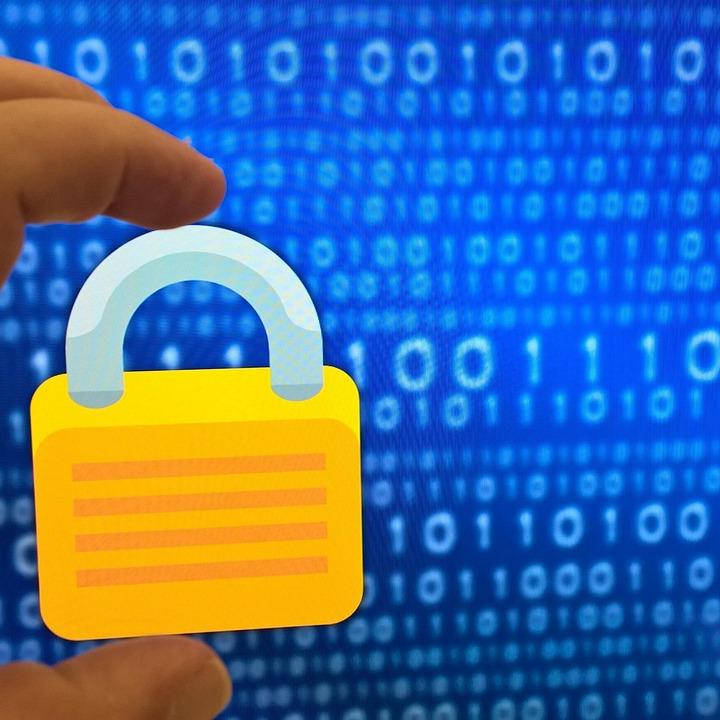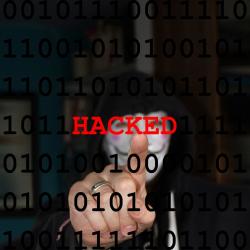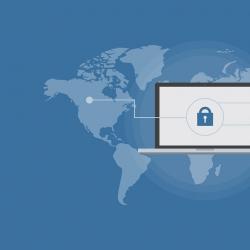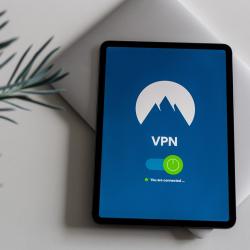The Importance of Strong Passwords and How to Create Them
In our digital age, where much of our personal and professional lives are interwoven with the internet, the importance of robust cybersecurity measures cannot be overstated. At the core of these security measures are passwords, serving as the first line of defense against unauthorized access to our online accounts and sensitive information. Despite their critical role, many users continue to use weak and easily guessable passwords, leaving themselves vulnerable to cyber threats. Understanding the importance of strong passwords and knowing how to create them is essential for safeguarding our digital assets.
Why Strong Passwords Matter
-
Protection Against Unauthorized Access: A strong password significantly reduces the likelihood of unauthorized individuals accessing your accounts. Weak passwords can often be easily cracked by hackers using various techniques, such as brute force attacks or dictionary attacks, where every possible combination or common words are tried until the correct password is found.
-
Mitigation of Identity Theft: Strong passwords are a crucial barrier against identity theft. If a malicious actor gains access to your email or social media accounts, they could potentially impersonate you, leading to fraudulent activities or data breaches.
-
Safeguarding Sensitive Information: Many online accounts contain sensitive personal information, such as financial details, health records, or intellectual property. Strong passwords ensure that this information remains confidential and is only accessible to those who are authorized.
-
Preventing Data Breaches: Businesses and organizations are often targeted by cybercriminals seeking valuable data. Strong passwords help prevent data breaches, protecting not only the organization's resources but also their clients' and partners' information.
How to Create Strong Passwords
Crafting a strong, secure password is both an art and a science. Here are some effective strategies to consider:
-
Length and Complexity: A strong password should be at least 12-16 characters long, combining upper and lower-case letters, numbers, and special symbols. The longer and more complex the password, the harder it is to crack.
-
Avoid Common Words and Patterns: Stay clear of using easily guessable passwords, such as "password123" or "12345678." Refrain from using dictionary words, birthdays, or common phrases. Hackers often rely on these predictable patterns.
-
Use Passphrases: Consider using passphrases, which are sequences of random words or a sentence that are easier to remember but hard to crack. For example, "SunnyCarRainbow@47" is a secure passphrase that combines randomness with memorability.
-
Unique Passwords for Each Account: Never use the same password across multiple sites. If one account is compromised, having unique passwords ensures that other accounts remain secure.
-
Incorporate Unpredictability: Integrate random capitalization and substitute letters with numbers or symbols in a way that is not easily foreseeable. For example, replacing "o" with "0" or "a" with "@" can add complexity to your password.
-
Use a Password Manager: Password managers are invaluable tools capable of generating, storing, and managing unique passwords for each of your accounts. They offer convenience and enhance security without the hassle of memorization.
-
Enable Multi-Factor Authentication (MFA): Whenever possible, enable MFA. This extra layer of security requires a second form of verification, such as a text message or authentication app, making it significantly harder for hackers to gain access.
Conclusion
In an era where cyber threats continue to grow in sophistication and frequency, safeguarding our digital lives with strong passwords is more crucial than ever. By understanding the significance of strong passwords and implementing best practices when creating them, we can protect ourselves and our data against a myriad of cybersecurity threats. Adopting these strategies not only fortifies your personal security but contributes to a more secure digital ecosystem for all.






















